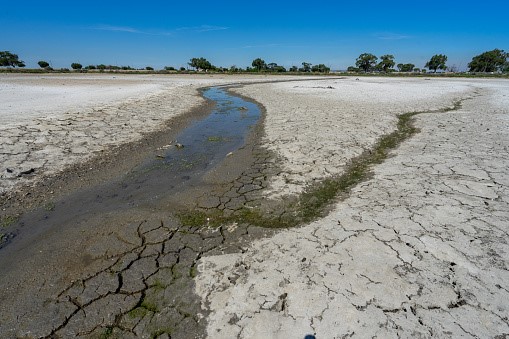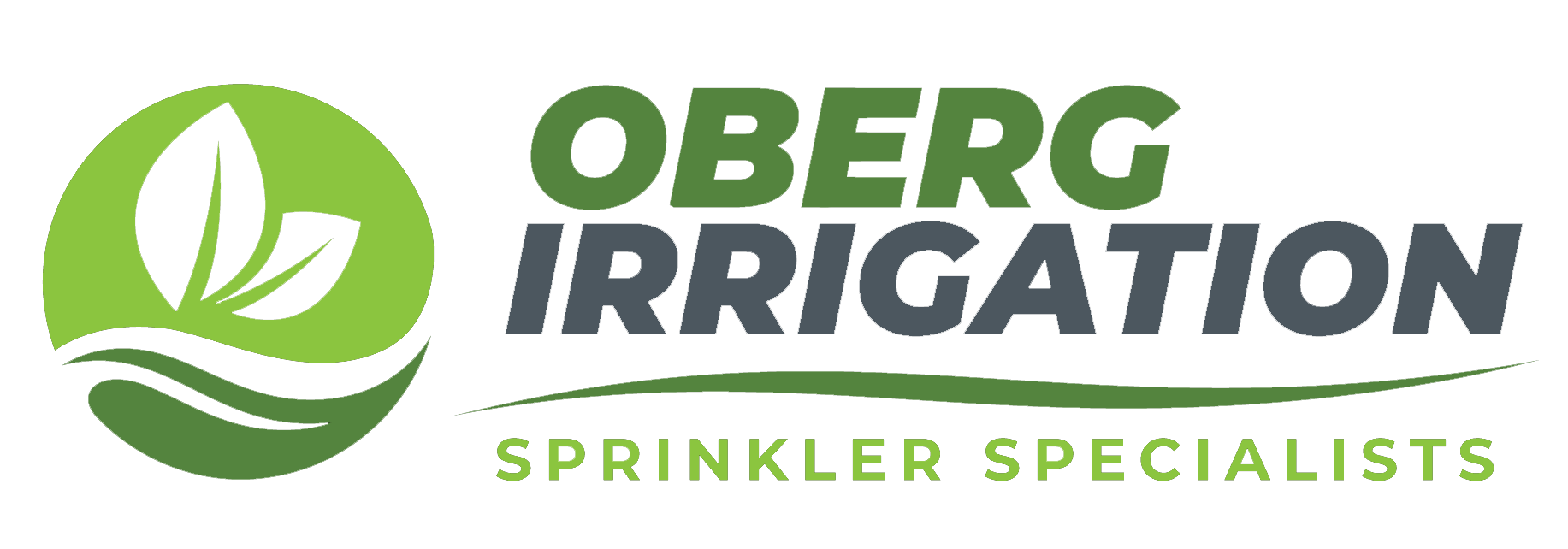How to Save Water in Drought-Ridden Climates
Water is as precious as gold in some regions, especially during drought conditions. Droughts are a natural but often devastating part of our climate system, and they’re becoming increasingly frequent and severe because of climate change. This has many Utah homeowners rethinking how they use and conserve water.
The impacts of Utah’s drought stretch far beyond the parched, brown lawns you see in your neighborhood, affecting the broader water supply and health of our ecosystem. If you want to do your part to help save water during the drought, follow the water conservation tips below.

What is Water Conservation, and Why is It Important?
Water conservation is about smartly managing and using water to reduce waste and ensure it remains available in the future. It involves practices and technologies that improve water efficiency among residential, agricultural, industrial, and environmental applications. Effective water conservation reduces the pressure on water treatment and supply systems, helping to sustain resources, save energy, and maintain the balance of natural ecosystems.
What Causes Droughts?
Droughts stem from prolonged periods of below-average rainfall, leading to water shortages in the region. Various factors, including climate change, deforestation, and overuse of water resources, make droughts more frequent and severe. Not having enough water has widespread effects on the community, agriculture, and ecosystems, stressing the importance of utilizing water conservation methods to mitigate this impact.
Drought Water Conservation Tips
Saving water requires smart gardening practices and efficient water-use technologies. Here are several ways to conserve water during a drought:
- Hydrozone your plants: Start by selecting native, drought-tolerant plants for your garden. Then, strategically group plants together to create “hydrozones” that require similar amounts of water. This approach allows you to target your irrigation efforts, ensuring each plant gets enough to drink without overwatering. Follow this water conservation tip to irrigate more efficiently and promote healthier plants.
- Install automatic sprinklers: Automatic sprinkler systems can be programmed to water your lawn just the right amount. Instead of guessing how long to run your manual sprinklers, you can calibrate the system to maximize water savings without sacrificing the health of your lawn.
- Use a drip irrigation system: Drip irrigation delivers water directly to the base of each plant, minimizing evaporation and runoff. This system is particularly effective for vegetable gardens and flower beds, ensuring that water goes exactly where it’s needed for healthy plant growth with less water waste.
- Capture and store water: Collecting rainwater in barrels or using other water capture systems provides an additional water source for irrigation. This reduces your reliance on municipal water supplies and takes advantage of a free and natural resource, making your garden more sustainable.
- Schedule irrigation wisely: Adjusting your sprinklers to come on during cooler parts of the day, such as in the early morning or late evening, reduces water loss to evaporation. It’s also wise to avoid watering on windy days when much of the water blows away before it reaches the ground. Then, switch the system off when it rains to avoid redundant watering.
- Wait an extra day: Whatever the recommended schedule is for watering your lawn, trees, and shrubs, wait one more day. Your plants will get a little thirstier between each watering, but they should survive the drought without issue.
- Mulch your garden: Apply a 2- to 3-inch layer of mulch around plants and trees to help retain soil moisture, suppress weeds, and regulate soil temperature. This reduces how often you need to water and makes your garden more drought-tolerant.
- Mow high: Set your lawn mower to the highest setting so the grass stays tall. This helps the blades shade the soil, reducing moisture loss and promoting deeper roots. Taller grass is also better at withstanding dry conditions and will bounce back faster if you have to cut back on watering for a little while.
- Repair sprinkler heads promptly: Leaky or broken sprinkler heads waste water and can lead to uneven irrigation. Scheduling prompt sprinkler head repair service keeps your irrigation system operating efficiently, prevents water waste, and ensures every part of your landscape receives the right amount of water.
Benefits of Conserving Water
You might be wondering why you should bother with soil water conservation. Simply put, the advantages of conserving water are vast, both for the environment and your wallet. Here’s how your efforts will pay off:
- Lower your water bills: Efficient water use leads to utility bill savings. When you adopt water-saving practices, you consume less, which translates directly to lower costs.
- Protect water supplies: Conserving water ensures your community has access to sufficient water supplies even during times of scarcity. This is crucial for meeting the needs of future generations.
- Protect the local ecosystem: Healthy aquatic ecosystems are vital for biodiversity, natural water filtration, and human recreation. Water conservation helps maintain the balance of local ecosystems by ensuring rivers, lakes, and wetlands have enough water to support fish, birds, and plant life.
- Mitigate and adapt to climate change: Efficient water use reduces the energy needed to pump, heat, and treat water, lowering greenhouse gas emissions in the process. Water conservation is also a key part of helping communities adapt to changing weather patterns and reducing their carbon footprint.
Contact Your Local Sprinkler Specialists
With over 20 years of experience, Oberg Irrigation can help your lawn and garden stay lush, green, and water-efficient. Our expertise includes designing, repairing, winterizing, and remodeling sprinkler systems to meet your unique needs. We provide innovative water conservation solutions that save you money and contribute to a healthier planet. If you’re ready to optimize your irrigation system and contribute to Utah’s water conservation efforts, please contact us to schedule premier sprinkler services in Bountiful, UT.
